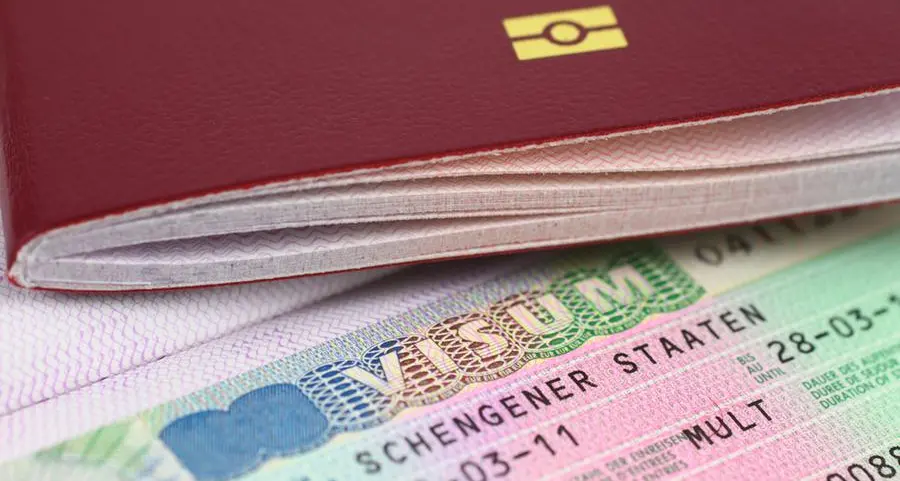PHOTO
Dubai, United Arab Emirates: Dubai Land Department (DLD) recently organised a technical workshop on data collection for Sustainable Development Goals (SDG) Land Indicators in cooperation with UN Habitat. The workshop was held over two days and aimed to discuss land indicators and standards as a priority in sustainable development goals and national voluntary reporting, as well as when facing sustainable challenges in developing countries.
HE Sultan Butti bin Mejren, Director General of DLD, said: “Dubai is a recognised global destination for land registration with a track record of achievements that benefit other countries in urban planning and eliminating intractable problems to ensure a better tomorrow for future generations. We have already organised several relevant global conferences, and we are happy to share our expertise with many countries to position Dubai as a leader in this field.”
In addition to discussing land indicators, participants were able to present and discuss the IAEG-SDG-approved methodology for measuring indicators and data sources for surveying and management. Participants also discussed a list of essential questions and ran through joint questionnaire modules for data collection developed by custodian agencies, concepts, implications for different survey types, and inventory by country of surveys where questions can be integrated/added. At the end of the workshop, the participants agreed on the next steps and action plans based on the workshop’s outcomes.
The workshop was held in conjunction with the World Data Forum (WDF) in Dubai. It is designed for technical officers in National Statistical Offices (NSOs) responsible for the survey design, management, and reporting on the SDGs including land indicators.
The workshop was attended by agency representatives who contributed to the provision of specialised data, in addition to statistics experts and supporting partners with the aim of learning and exchanging experiences among each other.
-Ends-
About Dubai Land Department:
Dubai Land Department (DLD) was founded in January 1960 to establish the most prominent real estate sector in the Middle East and the world. It provides outstanding and integrated services to all its customers while developing the necessary legislation to propel the real estate sector in Dubai through the regulation of the sector, organising and promoting real estate investments, and spreading industry knowledge in search of regional and worldwide real estate innovation.
DLD seeks regional and worldwide innovation in real estate with the aid of its active sectors that include real estate registration services, real estate investment promotions, and corporate support, and with the aid of its active organisations that include the Real Estate Regulatory Agency, the Dubai Real Estate Institute, and the Rental Dispute Centre.
© Press Release 2018Disclaimer: The contents of this press release was provided from an external third party provider. This website is not responsible for, and does not control, such external content. This content is provided on an “as is” and “as available” basis and has not been edited in any way. Neither this website nor our affiliates guarantee the accuracy of or endorse the views or opinions expressed in this press release.
The press release is provided for informational purposes only. The content does not provide tax, legal or investment advice or opinion regarding the suitability, value or profitability of any particular security, portfolio or investment strategy. Neither this website nor our affiliates shall be liable for any errors or inaccuracies in the content, or for any actions taken by you in reliance thereon. You expressly agree that your use of the information within this article is at your sole risk.
To the fullest extent permitted by applicable law, this website, its parent company, its subsidiaries, its affiliates and the respective shareholders, directors, officers, employees, agents, advertisers, content providers and licensors will not be liable (jointly or severally) to you for any direct, indirect, consequential, special, incidental, punitive or exemplary damages, including without limitation, lost profits, lost savings and lost revenues, whether in negligence, tort, contract or any other theory of liability, even if the parties have been advised of the possibility or could have foreseen any such damages.











